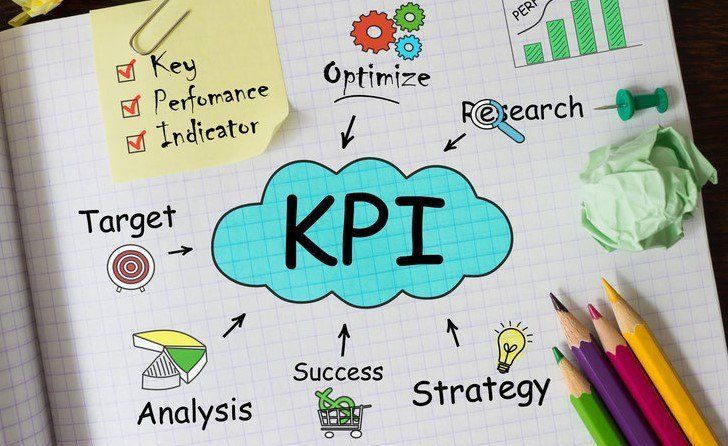***NEED FURTHER SUPPORT IN ANYTHING BUSINESS***
Book a Virtual Chat. No Pressure, No Obligation - just useable information that will certainly help you and your business - Click Here
To the uninitiated, numbers are cold and clinical. They don't offer the same emotional satisfaction as instinct or intuition. They might tell us something useful, but we're not sure what, so we shove them in a drawer and hope for the best.
Numbers can seem intimidating because they appear to lack context.
Context is important. It's often hard to understand how numbers relate to each other — What's a big number? What's a small number?
I'm a big fan of data. I find facts and figures to be very grounding, especially when I'm feeling the urge to take off on flights of fancy.
Trying to manage a business without a system in place is like flying blind. Throwing yourself into the air and feeling your way around. Who knows, you might eventually figure out how to fly, but it's not terribly efficient, safe, or reliable.
The top business owners are always looking for ways to improve their businesses at every turn. They're always asking questions: What am I doing well? Where can I improve? How can I better understand my business, my customers, or my employees? And you can’t understand that without data.
Identifying and using the right metrics is a crucial step on the path to making data-driven decisions. If you can't do it, you'll be stuck with simple guesses. And guessing is rarely a good way to run a business.
It's equally important to track the right metrics — those that will provide relevant information to you and or your team so they can make smarter decisions.
Here are five ways data can help you manage your business more effectively:
Holding yourself accountable is the key to getting things done. Unfortunately, if you have no way to tell whether you're succeeding or failing, that can be hard to do.
The right metrics can help you solve this problem and create the accountability you need.
That's because the right measures have a way of focusing your efforts and highlighting your accomplishments.
That's not to say that metrics alone will ensure success. In fact, if you don't hold yourself accountable for the things you want to accomplish, measuring numbers won't help much. Without the motivation to learn from and improve your results, tracking numbers won't do you much good.
However, if you're committed to getting things done — and holding yourself accountable for that — tracking metrics is one of the best ways to do it. You'll know what's working and what isn't. You'll also know exactly where your efforts are best spent. When you set goals, measuring progress towards them will help ensure you reach them. And if you struggle with this you can always get a business mentor to hold your feet tot the fire – click here for our service.
The numbers in your business define it. Whether you're trying to figure out how many customers you have or how much revenue you brought in last month, the numbers tell a story about your business that is hard to ignore.
Telling your story through numbers is how you convince investors, partners, and customers that your business is valuable and worth their time.
When done well, a single number can be more powerful than a thousand words. Sometimes a single number can be all you need to get an investor's attention or help a customer understand what makes your company different from the competition.
Unfortunately, most entrepreneurs don't think about the power of numbers until they are forced to by problems like tracking expenses or finding investment capital. By then it's often too late and they're back to using spreadsheets and guessing at their data.
So what do you do?
You start by making sure your primary metrics—the ones that matter most—are clear and defined before you start trying to track them. What numbers do you want to know on a monthly basis? How will those numbers move the needle for your business? Then make an effort to get these in front of as many people as possible who can use them in their decision-making processes.
Problem solving is really all about asking the right questions. You might have a lot of experience in your industry, but you may not know what questions to ask. Sometimes you need a fresh perspective.
The numbers can give you new insights into a problem and help you come up with solutions. They also help you see whether your solution is working or if it needs to be changed. Not all problems can be solved with numbers, but more often than not they can be.
Here are some ideas of what questions you can ask to get some data:
It's easy to say you want to be data driven. But the reality is that it's hard work, and it's going to take a lot of time, effort and money at first. You can't be data driven without collecting and analysing data. And if you don't measure your performance well, you'll never know how you're doing against your goals.
That doesn't mean it can't be done, but you need to approach it with the attitude that you're building an infrastructure for making good decisions over the long term. If you make the decision to invest in being data driven now, you'll reap benefits later on when the numbers come in and help you make better decisions faster in our business.

***NEED FURTHER SUPPORT IN ANYTHING BUSINESS***
Book a Virtual Chat. No Pressure, No Obligation - just useable information that will certainly help you and your business - Click Here
